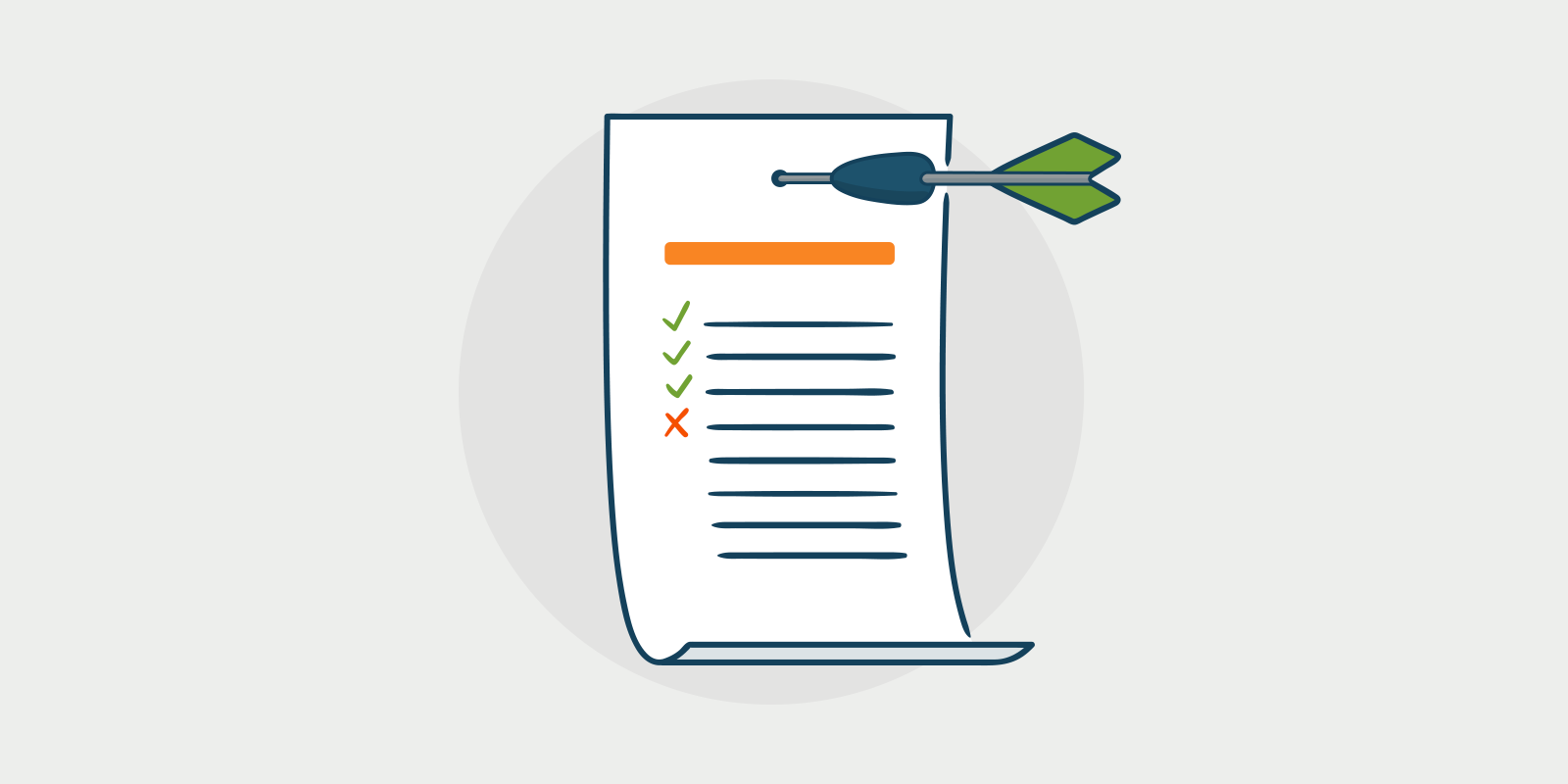
Renting a house or apartment in the UK can be a daunting experience, especially for first-timers. However, by staying organized and informed, you can navigate the rental process with confidence. In this comprehensive guide, we’ll cover a tenant’s checklist before renting a home, providing you with all the information you need to make informed decisions.
Whether you are looking for an apartment, office space or house, Rentila is here to help!
Location Matters
The Importance of Location
When it comes to renting a property, location is paramount and on top of the tenant’s checklist. It can significantly impact your daily life and overall satisfaction with your rental. For instance, if you’ve just landed your first job after university and you’re relocating to a new city, the area you choose to live in will play a vital role in your day-to-day experiences. Let’s explore why location matters and what factors to consider when evaluating a potential area.
Proximity to Work and Transport Links
If you’re starting a new job, especially on a budget, it’s crucial to consider your daily commute. Determine whether you’ll rely on public transport or your own vehicle to get to work. If you opt for public transport, prioritize areas with excellent transport links to avoid stressful and time-consuming commutes.
Safety First: Evaluating Neighborhoods
Safety is a paramount concern when choosing where to rent. While landlords can provide insights, it’s essential to conduct your research. Learn how to assess the safety of a neighborhood objectively and discover resources like insurers that can provide valuable information on crime rates and safety concerns.
The Perils of Bargain Rentals
While lower-priced rentals can be tempting, they may come with hidden drawbacks. Explore the reasons behind lower rental prices and why it’s crucial not to compromise on safety and quality for a cheaper deal.
Budgeting for Rent and Bills
Financial Considerations
Before you start your rental search, it’s vital to establish a realistic budget. Learn how to assess your financial situation comprehensively, taking into account both your income and expenses.
Understanding Rental Contracts
Dive into the intricacies of rental contracts. Understand what might be included in your rental agreement, such as bills and other amenities. Explore the concept of all-inclusive rentals and their advantages.
Budgeting for Bills
Rent is just one part of your monthly expenses. Delve into the various bills you might encounter as a tenant, including council tax (around £100 – £250 per month), utilities (water, gas, electricity), TV licensing, renter’s insurance, and communication bills (phone, Wi-Fi, cable).
It can add up to quite a significant amount, so make sure you work out what you can afford before taking on a property.
Generally, 35% of your household’s take-home pay (i.e. after tax deductions) is the most people can afford to pay on rent.
Energy Efficiency Matters
Your landlord is required to provide you with an Energy Performance Certificate, ,a very important element of a tenant’s checklist when renting a home. It gives you an indicator of how efficient the property is.
Renter’s Insurance
The Need for Renter’s Insurance
Explore the importance of renter’s insurance for protecting your belongings. Understand why relying on your landlord’s insurance isn’t sufficient.
If you have laptops and other expensive items, you need to know you can’t claim for the damage or loss of these items on your landlord’s insurance. You’ll need a separate policy. And it’s also worth asking your would-be landlord what is covered on his or her policy without sounding like you make a habit of making insurance claims. You can then take out additional cover for wherever the landlord’s insurance falls shorts.
Preparing for Unforeseen Events
A key insurance claim would be if there were damage to the property, and you needed to move out. The UK is notorious for sustaining heavy flood damage in some areas. If this were to happen, your landlord has no legal responsibility to rehouse you for any period, while the downstairs of the property is three feet high in floodwater. Your landlord can’t charge you rent while you cannot live in the property, but you would need to pay for your accommodation elsewhere. So cover yourself for this eventuality, if your landlord won’t be covering it for you.
Good to know
You can find out how much you will have to pay by using this council tax calculator.
Safety and Maintenance
Prioritizing Safety
Emphasize the importance of safety by checking for smoke alarms and carbon monoxide detectors. Understand the necessity of gas safety certificates, especially in properties with gas appliances.
These are mandatory, and must be updated annually, so you will need to give the landlord access to the property when the certificate requires updating.
Responsibility for Reporting Issues
Ensure you know who to contact in case of property issues. Understand that reporting problems promptly is not just about your convenience but also about protecting your landlord’s investment.
If there is damage to the property, for example, a burst pipe, it’s your responsibility to let the landlord know, so they can inspect the property and take the appropriate course of action.
Garden Maintenance
If you rent a home with a garden, check with your landlord about the upkeep. Assess your willingness and ability to maintain the garden, but also check that your landlord has left you some tools, including a lawnmower.
And don’t forget that lawns grow quickly in the summer. You must keep a weekly check on the lawn to prevent it from getting overgrown. If you don’t want to or don’t have the time, then it’s best to look for a home with lower maintenance.
Inventory
Documentation is Key
Documenting the property’s condition before moving in is an essential part of a tenant’s checklist before renting.
Check out the home, and for your own peace of mind, take high-quality dated photographs of the property. If the furniture is already a little shabby, then you don’t want to be held responsible for it looking shabby later on.
Understanding tear and wear
Clarify what constitutes reasonable wear and tear in a rental property. Ensure that you don’t incur unnecessary charges for items that naturally deteriorate over time.
You should have all the fixtures and fittings detailed in your tenancy contract, and the landlord cannot bill you for reasonable wear and tear.
The Tenancy Agreement
Comprehensive Contract Review
Stress the importance of thoroughly reviewing your tenancy agreement. Understand the commitment involved, including the duration of the lease and maintenance responsibilities.
Make sure you have a tenancy agreement that is clear. The lease is usually binding, meaning you are responsible for paying rent for the whole duration of the contract, so make sure you can commit to that timeframe before you may want to move out.
Room-Only Contracts
Explore the benefits of room-only contracts for individuals renting with others, reducing individual responsibility for fellow tenants’ issues.
Security Deposit
Usually, the landlord expects that you pay for your first month’s rent, and also pay a security deposit equal to another month’s rent. Gone are the days when your deposit was just taken by unscrupulous landlords that you stood little to no chance of ever getting back. Once you have handed over your deposit, it’s up to you to treat the property well and pay your bills. After the 6 to 12-month rental period is up and you move on, you can quickly get your deposit back.
After you have handed over your deposit, expect to hear details from your landlord within 30 days to find out which government-backed scheme your deposit is being safely held by. If you don’t hear back in 30 days, you can and should take action against your landlord.
Good to know
If your landlord does not give you details of your security deposit in 30 days after you move in, then first contact the deposit protection scheme to see if your deposit has been registered with them. If not, contact the local county court to start proceedings against your landlord. The court will order the landlord to repay between one and three times the deposit amount.
By following this comprehensive tenant’s checklist before renting, you’ll be well-prepared to rent a property in the UK confidently. This overview covers everything from choosing the right location and budgeting effectively to safeguarding your security deposit and understanding your tenant rights. Renting should be a smooth and secure process, and this guide ensures you have all the knowledge you need to make informed decisions.
You can also sign up with Rentila for free as a tenant, giving you access to agreements, receipts, and reminders.
FAQs
How can I determine the right rental budget for me?
To establish a suitable budget, calculate your monthly income and expenses, including bills, groceries, and savings. A common guideline is not to spend more than 35% of your take-home pay on rent. This will help ensure you can comfortably cover all your living expenses.
What should I look for in a neighborhood before renting a home?
Prioritize safety, proximity to work or essential amenities, and access to public transportation when evaluating a neighborhood. You can also research crime rates, nearby schools, healthcare facilities, and entertainment options to make an informed decision.
Is renter’s insurance necessary, and how does it work?
While not mandatory, renter’s insurance is highly recommended. It protects your personal belongings from theft, damage, or loss and provides liability coverage. Your landlord’s insurance does not cover your possessions, so renter’s insurance ensures your assets are protected.
What should I do if I encounter issues with the rental property or need repairs?
If you experience problems with the property, promptly contact your landlord or the property management company. It’s essential to report issues as soon as they arise to prevent further damage. Your lease agreement should outline the procedure for requesting repairs.
How can I ensure the return of my security deposit when I move out?
To secure the return of your security deposit, maintain the property well during your tenancy, pay your bills on time, and follow the terms of your lease agreement. Additionally, ensure your landlord provides details of where your deposit is being held within 30 days of receiving it, as required by law.
Tenant’s Checklist Before Renting: Important things to remember
- Check the area for safety and public transport links if you rely on them ;
- Get renters insurance to protect your contents from loss, theft or damage.
- Check there is a valid gas safety certificate as well as smoke and carbon monoxide detectors in the property.
- Your landlord has 30 days to provide you with details of where your security deposit is being held.
- Take a clear inventory of the property when you move in to help protect your security deposit.
- Read the contract and stick to the terms and responsibilities in the agreement to protect your security deposit.
- Make sure you have a contact number to call and report any damage to the landlord in good time.
Download free tenancy agreements
When you sign up with Rentila, we provide tenancy agreements as part of the deal. To join the Rentila community and grab a tenancy agreement, head to our sign-up page.



 Protect the environment. Reduce paper consumption and help save the trees as well as save money at the same time.
Protect the environment. Reduce paper consumption and help save the trees as well as save money at the same time. 
